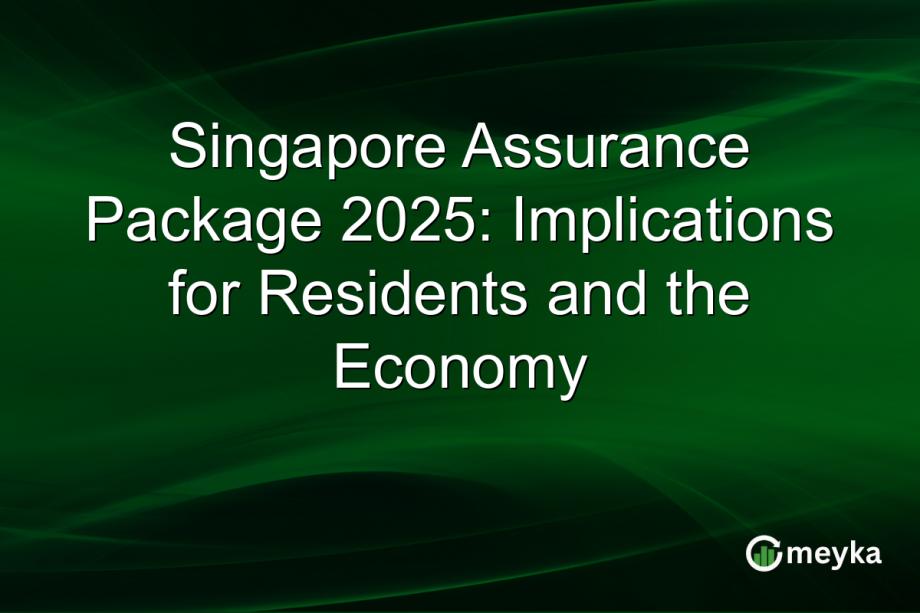The Singapore Assurance Package 2025 is in the spotlight as debates continue about its role in aiding residents during a time of financial strain. With the cost of living in Singapore steadily increasing, the government has initiated this package to provide financial stability for its citizens. This move represents a strategic effort to cushion Singaporeans against economic pressures, proving critical as many households seek assurance and support.
Understanding the Singapore Assurance Package 2025
The Singapore Assurance Package 2025 is a comprehensive initiative designed to alleviate financial burdens on residents. This move comes at a time when living costs in Singapore are on the rise. The government aims to ease the economic strain by offering direct financial aid.
Singapore finance experts project that this package will cost billions, a strong indicator of the government’s commitment to economic stability. Currently, details include cash payouts, U-Save rebates, and MediSave top-ups, targeting different segments of the population to ensure broad coverage.
Public sentiment is largely positive, with social media discussing its potential impact. For more insights, check local discussions on platforms like X and Reddit here.
Impact on Household Finances
The Assurance Package is expected to be a game-changer for household budgets. Rising utility costs and healthcare expenses have put a strain on many families. With these aid measures, families can anticipate some relief.
For instance, U-Save rebates directly address electricity and water bills, which have been a growing concern. These rebates form a core part of managing increased energy costs. Similarly, MediSave top-ups will help older citizens manage medical expenses more effectively. This aligns with the government’s broader financial aid approach.
Overall, the package not only supports households but also boosts consumer spending, potentially enhancing economic activity.






